Alcohol:
If you seek medical help on behalf of someone with alcohol poisoning, you will be exempt from certain underage alcohol possession charges.
The law grants immunity for charges from law enforcement, including campus safety. In other words, they cannot ticket you with underage possession or consumption of alcohol if you are you seeking medical attention on behalf of someone who may have alcohol poisoning.
To be sure you receive amnesty, you must do 2 things:
(1) Provide your name when calling 911
(2) Stay with the victim until help arrives.
UNC has a Campus Alcohol Policy, which includes Medical Amnesty. Under the Policy, students will receive amnesty from judicial sanctions in medical emergencies. The current Community Living Standards includes Medical Amnesty. See pg. 2 of Community Living Standards.
Drugs:
If you seek help on behalf of a drug overdose victim, you and the victim will be exempt from certain drug charges.
When it comes to drug overdose, note that the law grants amnesty for a person seeking medical help on behalf of an overdose victim AND the overdose victim himself. Neither can be charged with:
(1) Misdemeanor drug possession (such as marijuana)
(2) Felony possession of less than one gram of heroin or one gram of cocaine
(3) Possession of drug paraphernalia
In other words, you can call 911 or seek medical attention if you think a friend has overdosed, and the police cannot arrest you or the victim for any of the above, even if the drugs are in plain sight. If larger quantities of drugs are present or evidence of drug manufacturing, distribution, and/or selling, the law does not offer protection against those charges. These amounts of possession are less than 1.5 ounces of marijuana, less than 1 gram of cocaine, heroin, or bath salts, and less than 100 tablets of many prescription drugs.
